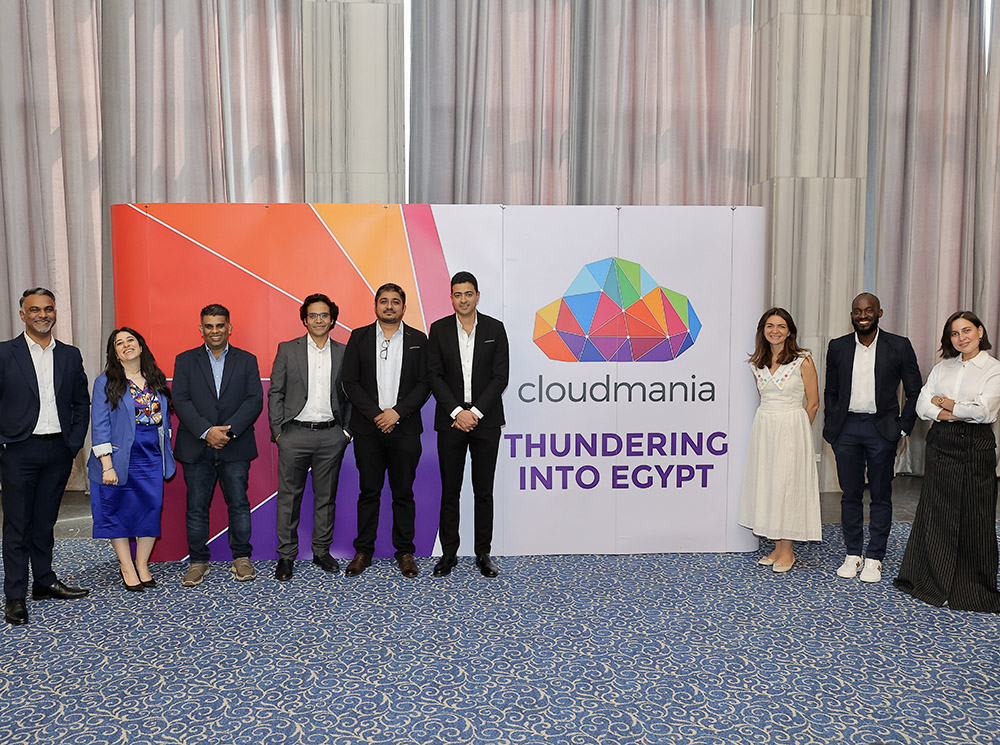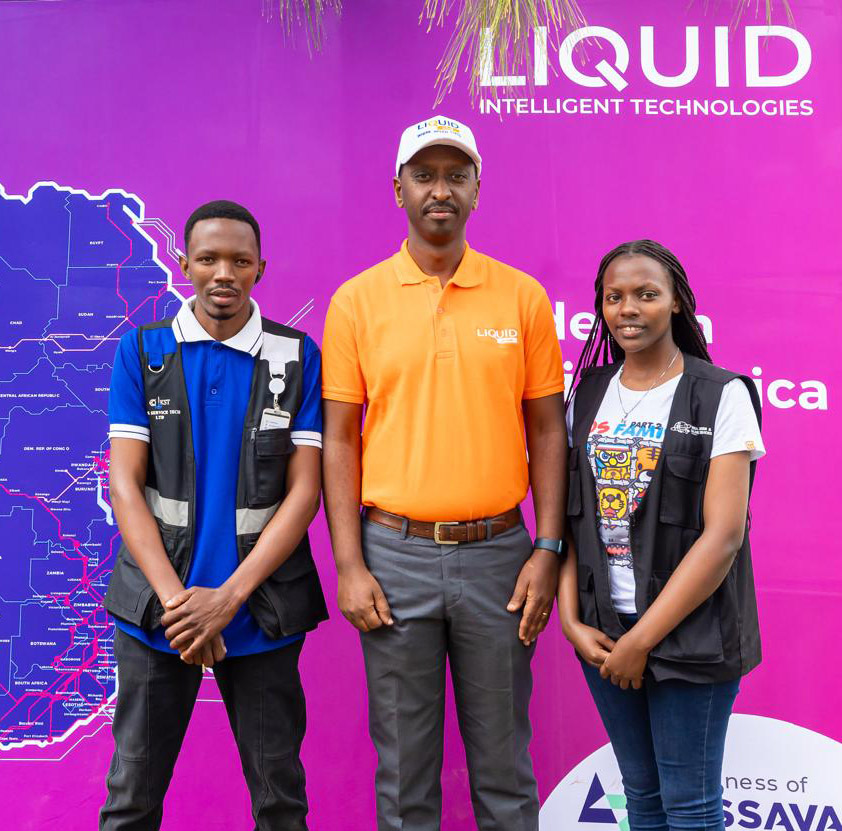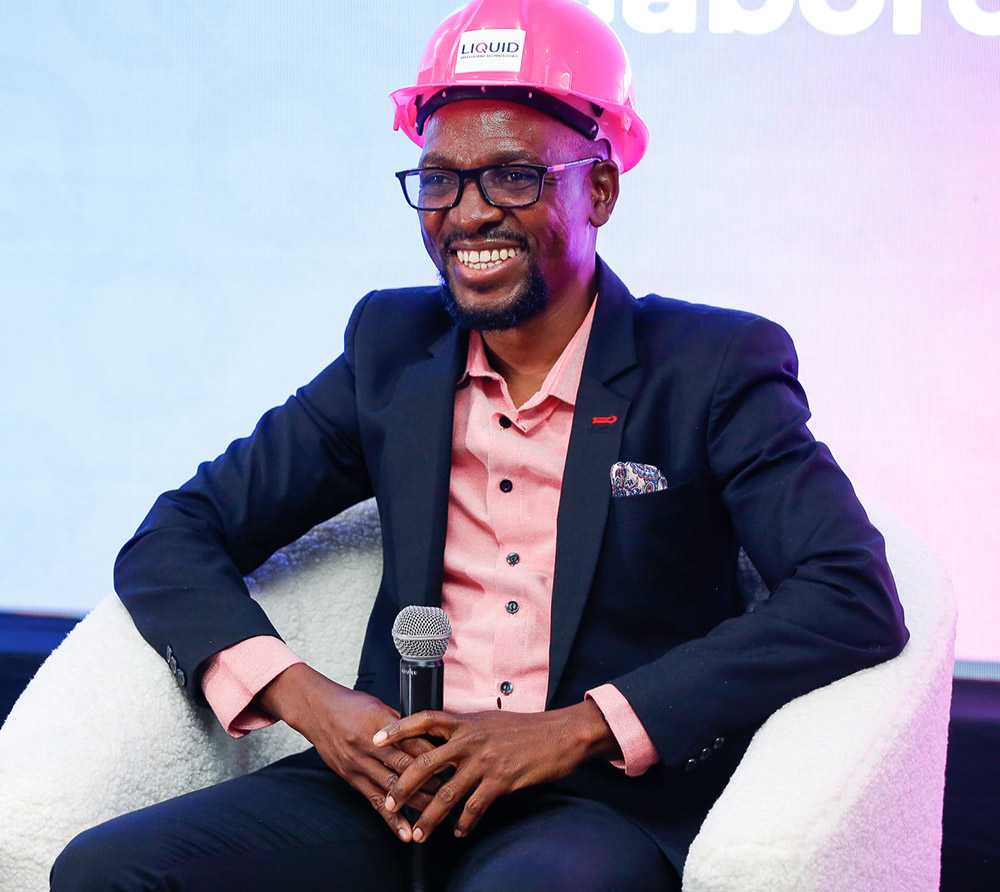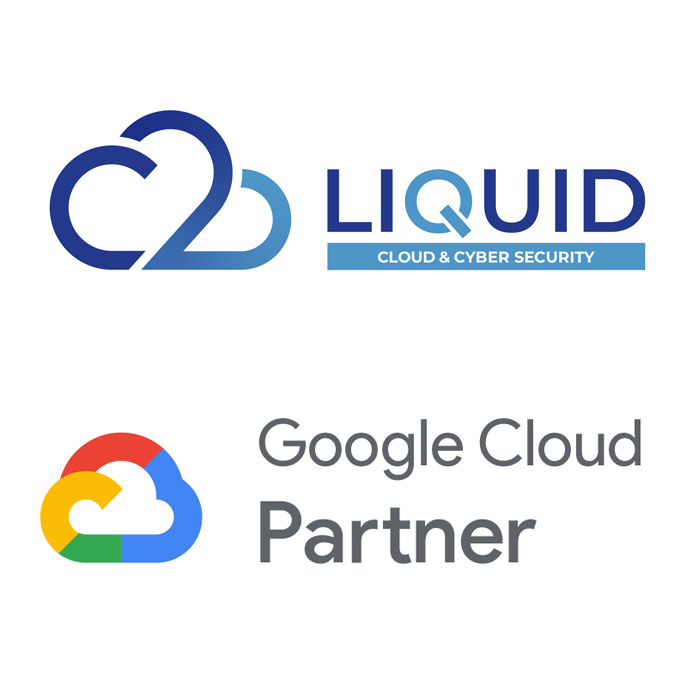Liquid Intelligent Technologies Kenya today issued its first Sustainability Report, presenting the results of its November 2015 commitment to the Code of Ethics for Business in Kenya.

In the first year since the launch of its sustainability initiative, the company has effected a zero-tolerance approach to corruption, achieved strong sales and improved customer service, and made substantial fuel and electricity savings.
The report highlights the progress made by the company in 2016, as well as in the three years since Liquid Intelligent Technologies Kenya’s acquisition of Kenya Data Networks in 2013, in creating a sustainable and ethical business, and playing its role in meeting the ambitious targets of the Sustainable Development Goals (SGDs).
The company’s aligned social, environmental and financial gains, tie with research by Deutsche Bank that evaluated 56 academic studies and found that companies with high environmental, social and governance (ESG) ratings outperform the market financially in both the medium and the long term. The UN Global Compact has, meanwhile, reported that commitment to sustainability leads to a 79% increase in company trust and investor support.
“Ethics are the bedrock of any business that seeks to succeed in serving all stakeholders, across owners, employees, customers, suppliers and the general public through its care of society and the environment,” said Liquid Intelligent Technologies Kenya CEO Adil Elyoussefi.
To this end, the company has initiated a zero-tolerance policy on corruption, which led to 14 staff disciplinary cases during 2016, and the launch, this year, of clearance requirements from the Ethics and Anti-Corruption Commission for all senior management.
It also conducted an internal audit and strict vetting of its suppliers, which resulted in some suppliers being dropped, and introduced a vendor’s conflict of interest form that all suppliers are now required to sign before undertaking any transactions with Liquid Intelligent Technologies Kenya.
“We now only associate with vendors who conduct ethical business. Suppliers have to pass a set criteria and present prequalification documentation that includes financial statements, registration certificates, insurance documents, referees and tax compliance evidence, among others documents,” said Adil.
Liquid Intelligent Technologies Kenya also made substantial strides in creating an environmentally friendly business, incorporating the disposal of e-waste, reducing the use of printing paper by moving approval processes online, deploying armoured network cable that is proof to gnawing by rodents, rolling out of a car pooling system, and reducing the use of fuel and carbon emissions.
Under the company’s fuel use initiative, it cut diesel use by 35% in just 12 months introducing solar panels at Internet nodes countrywide, setting up of video conferencing facilities to cut down on travel to meetings, installing voltage regulators on generators, and launching a power substation to reduce diesel use.
The company has also moved to install energy saving bulbs, which reduced its electricity costs by more than Sh2m a year at its head office at the Sameer Business Park and at the East Africa Data Centre.
The last year also saw the company setup two solar initiatives at the Sameer Dish Farm to help in powering the VSAT dishes located at Sameer Park, and the Garissa Solar Project along the 200km fibre network to power the Dadaab and Liboi sites.
Liquid Intelligent Technologies Kenya also took part in the 2016 International Coastal Cleanup as sponsors and as volunteers, in an operation that removed 14,000kg of plastic and non-biodegradable waste along the Kenyan coast.
The company also moved to better serve its customers by recruiting additional customer service staff, launching a 24/7 corporate call centre and an online sign up and chat interface, and by reducing the average repair time to three hours, with a maximum turnaround on complex issues of 24 hours. This drive also saw call handling time reduced to 3 minutes and the creation of cross-functional client handling teams made up of an account manager, credit control officer, and technical services manager.
The improved resolution of enquiries, and parallel initiatives to reduce downtime, led to a halving in the number of calls to the call centre by the final quarter of 2016.
To improve connectivity for its clients, the company completed an advanced fibre network underneath Nairobi that delivered a ten-fold increase in speeds and a sharp reduction in downtime, installing 1,200 new edge switches for the rebuild. It also rolled out IPv6 addresses and connected fibre to 400 new communications towers, many of which are independently owned.
Additionally, it moved to mitigate risk by reinforcing bridge attachments over the Nyali Bridge and the River Nzoia, Yala, Nyando, Sondu, Chania, and Voi; by relocating cables away from construction sites; and by building earth supporting walls where soil erosion was a major risk. It also deployed 100 field staff and contractors over several weeks to prepare for the most recent El Nino rains by relocating fibre and equipment in high risk areas, and ensuring instant power back up at all hub sites.
Liquid Intelligent Technologies Kenya has also acted to ensure its workforce remains healthy and highly motivated, by introducing access to psycho-social support, and an expanded training programme. It also opened a breastfeeding facility for employees, creating a nursing room that mothers use to take time out and express milk for their babies when they return from maternity leave.
The Code of Ethics for Business in Kenya is an initiative by the business community of Kenya to promote and enhance the ethics in line with the ten principles of the UN Global Compact, which is the world’s largest global corporate sustainability initiative, in the areas of human rights, labour standards, environment and anti-corruption.






